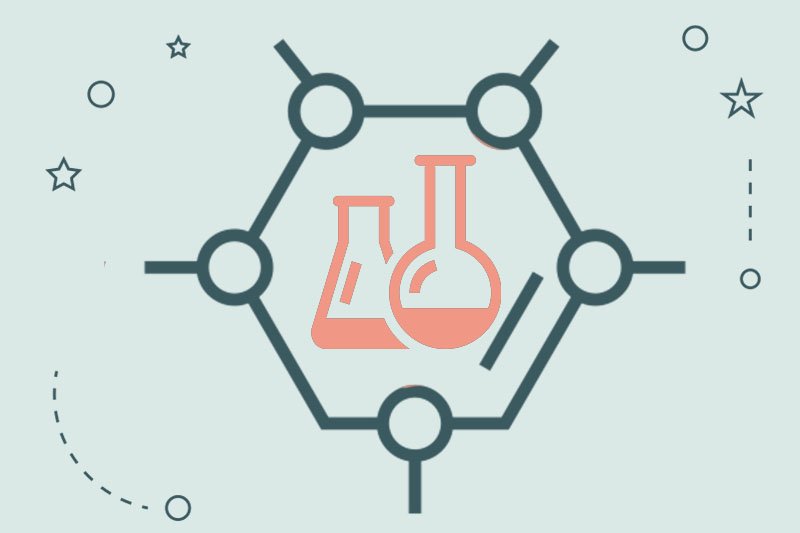It’s a no-brainer that when we sleep well we wake up with a delighted and refreshed mood which truly acts like a fuel to run ourselves throughout a day. A good sleep plays a crucial role in maintaining a balance between better health and a better mind. With the advent of a fast world, where people barely get time to get done with their breakfast, sleep has fallen into that insignificant category. As a matter of fact, some hosts of evidences have concluded that inadequate sleep can cause major medical and mental dysfunctions. A lot of research has been carried out to correlate “insufficient sleep” and “public health implications”. It’s been observed on a global scale that inadequate sleep is a problem across various age groups and can be considered as a public health epidemic without any argument. This epidemic is underrated, unrecognized and actually holds a high economic costs.
If we simply put it, inadequate or insufficient sleep directly leads to derailment of body functions which results in increased risk of cardiovascular diseases, chances of diabetes mellitus, obesity, and absence of concentration which can lead to vehicular accidents or nasty incidents at workplace. Extreme usage of smartphones is an added menace which is only worsening the problem. There has been observed a direct link between inadequate sleep and depression among adolescents.
According to the International Classification of Sleep Disorders (ICSD-3), “insufficient sleep is defined as a curtailed sleep pattern that has persisted for at least three months for most days of the week, along with complaints of sleepiness during the day.” Mostly, inability to sleep is associated with unfriendly mental and physical health. Most people even confuse inadequate sleep with insomnia which is a different case. If a person suffers from insomnia, it suggests that he/she is typically unable to sleep despite having optimum opportunities.
Premature mortality is linked with lack of sleep in recent surveys. It conveyed that individuals who slept less than six hours each night has a much greater risk of premature mortality than the one who had seven to nine hours of sleep. Insufficient sleep is a growing concern in the current society which is leading to adverse shifts in social and economic paradigms. The worst consequence is the reduction of total sleep hours both in adults and children.
The American Academy of Sleep Medicine (AASM) and the Sleep Research Society (SRS) have suggested that adults aged 18 to 60 years should sleep seven or more hours per night on a regular basis for ideal sleep health. Moreover, the National Sleep Foundation (NSF) consensus report has said the same -seven to nine hours is recommended for adults aged 18 to 64 years, while seven to eight hours is suggested for those of 65 years and above.
The condition of insufficient sleep is actually a long term factor, often found relation with biological or circadian issues. Intake of soda or excess carbonated beverages and less consumption of vegetable is one of the factors contributing to the problem. Psychological problems like housing insecurity or uncertainty of food add to sleeplessness. Smoking is another behavioral aspect that pushes up the problem, be it active or passive.
Direct results of inadequate sleep:
- Impulsive behavior, lack of reasoning.
- Adverse effects on mood ( Irritability, moodiness, frustration)
- Sleeplessness and mental lapses.
- Tiredness and fatigue
- Depression and anxiety
- Increased risk of cardiovascular morbidity
- Weak immune system
- Obesity and problems with metabolism
- Risk of Diabetes mellitus
- Migraine
- Low back pain and burnout
- Risk of Cancers
Not addressing this problem is only making it worse by the day. Covering it up with a normal attitude of “just sleep deprived” is slowly taking a toll on a huge scale. Some experts and specialists skillfully deal with the sleeping habits of their patients, and drew the conclusion that significance of sleep need immediate attention before it’s too late to deal with.





